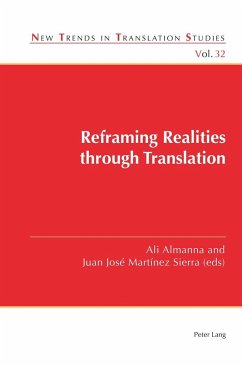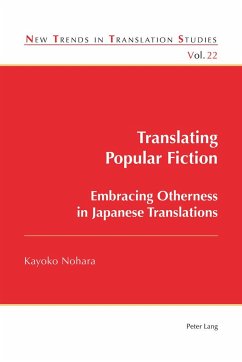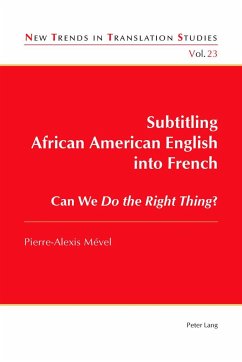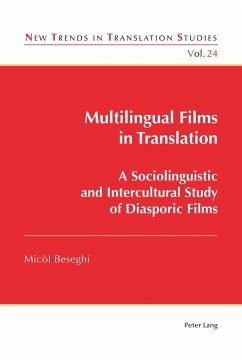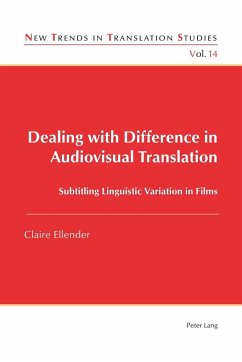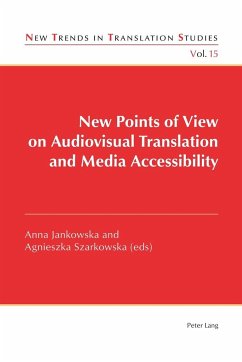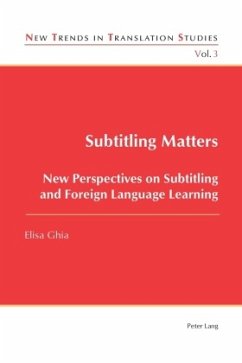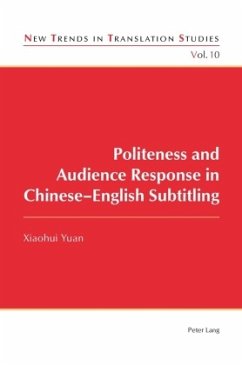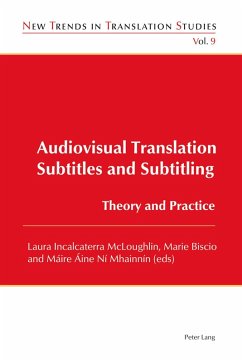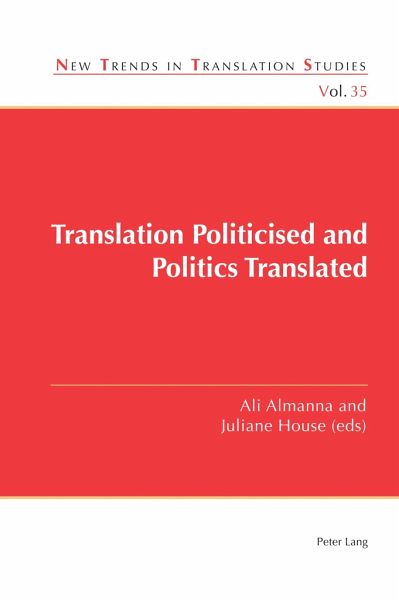
Translation Politicised and Politics Translated
Versandkostenfrei!
Versandfertig in 6-10 Tagen
63,95 €
inkl. MwSt.
Weitere Ausgaben:

PAYBACK Punkte
0 °P sammeln!
This volume presents a comprehensive, state-of-the-art overview of the different ways in which the two terms «politics» and «translation» interact. It affords an opportunity to look at translation as a highly complex activity that involves the participation of different agents with different backgrounds, orientations, ideologies, competences, goals and purposes. At the macro level, translation is seen as an activity carried out by gatekeepers - translators, trans-editors, translation quality controllers, translation project managers, and the like - to promote a certain narrative, achieve a...
This volume presents a comprehensive, state-of-the-art overview of the different ways in which the two terms «politics» and «translation» interact. It affords an opportunity to look at translation as a highly complex activity that involves the participation of different agents with different backgrounds, orientations, ideologies, competences, goals and purposes. At the macro level, translation is seen as an activity carried out by gatekeepers - translators, trans-editors, translation quality controllers, translation project managers, and the like - to promote a certain narrative, achieve a goal or pursue an agenda. The ultimate aim of this volume is to shed light on how these various stakeholders explicitly or implicitly interpolate their cultural background, beliefs and values into the resulting text, thus overtly or covertly intervening to promote a certain theme or narrative.





